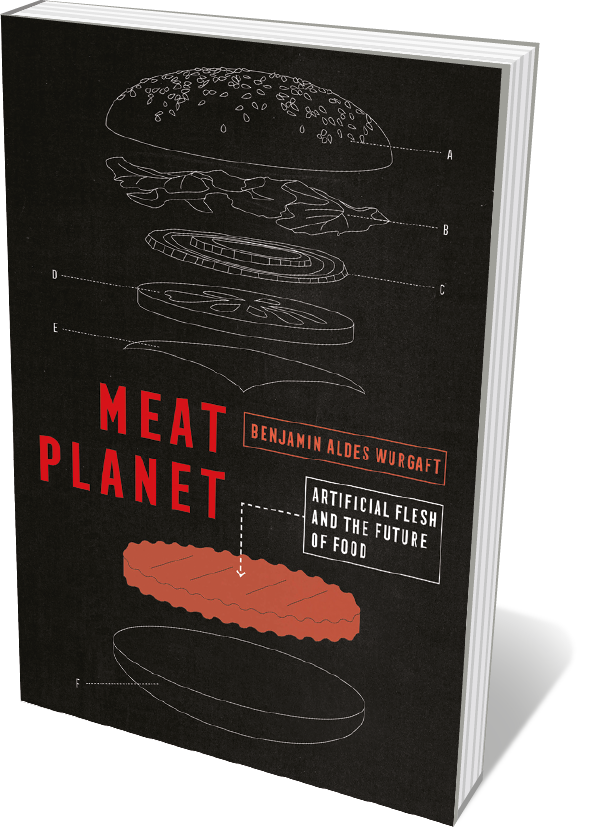
Benjamin Aldes Wurgaft University of California Press (2019)
In 2013, physiologist Mark Post wowed world media with a lab-grown burger, cultured from bovine muscle cells at a cost of nearly US$300,000. Yet that brave new food is still a fledgling biotechnology. Historian Benjamin Wurgaft explores this “small, strange world” in a thoughtful study mixing science reportage with philosophical meditations. He interviews Post, visits hotspots such as ‘cellular agriculture’ institute New Harvest in New York City, and even muses over the cultivation of human cells for consumption. In vitro meat, he shows, opens horizons as much moral as environmental.
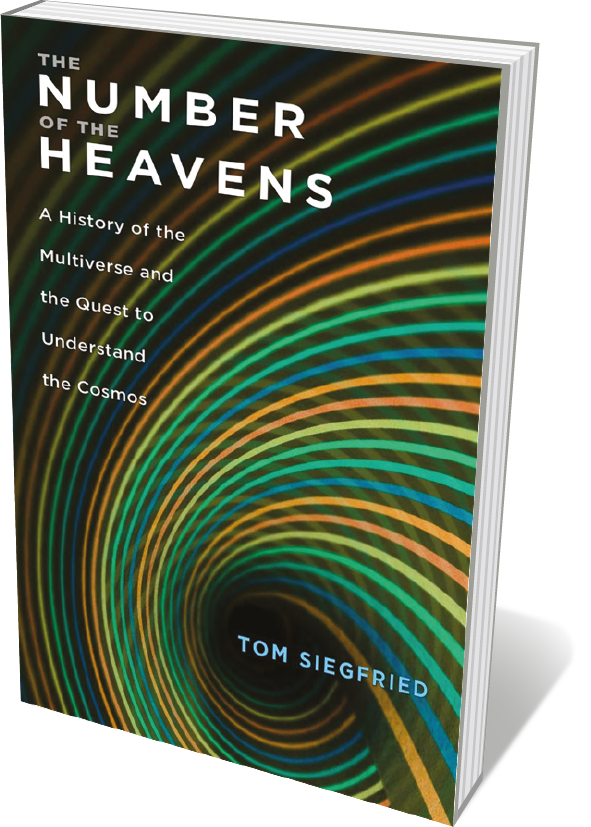
Tom Siegfried Harvard University Press (2019)
The philosopher Aristotle saw the idea of multiple worlds as illogical. In 1277, Étienne Tempier, bishop of Paris, countered by insisting that God could create any number of them. In this sparkling history, science journalist Tom Siegfried follows manifestations of the multiverse, from Renaissance scholar Nicholas of Cusa’s worlds “without number” to the “different heavens” theorized by René Descartes, the discovery of galaxies, inflationary cosmology and a pick-and-mix of multiverses, be they ‘quilted’ or holographic. Whether you find the concept liberating or scientifically absurd, this is a mind-bending journey.
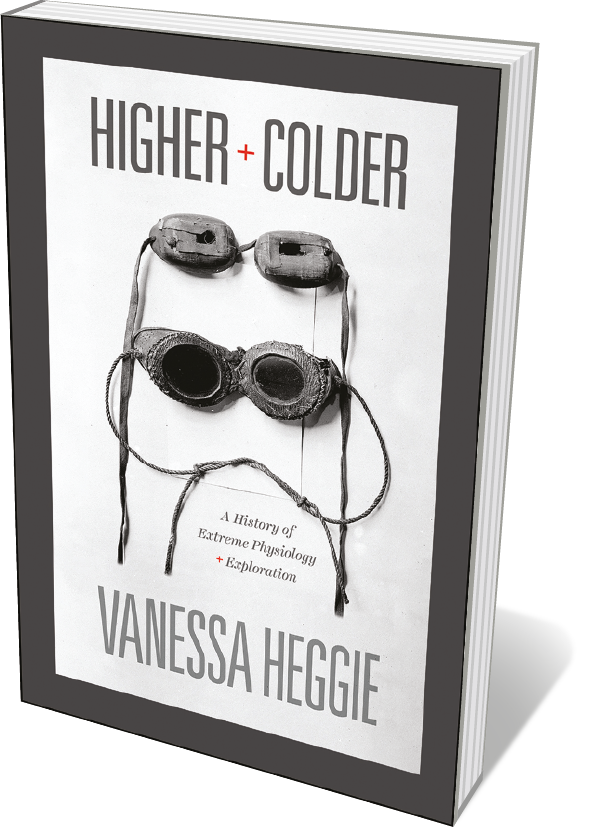
Vanessa Heggie University of Chicago Press (2019)
The North Pole, South Pole and ‘third pole’, Mount Everest, were prime twentieth-century expeditionary challenges. To physiologists such as Nello Pace and Kåre Rohdal, they were also labs for probing the physical impacts of extreme cold and altitude. But their scientific record, as medical historian Vanessa Heggie reveals in this insightful study, is overwhelmingly Eurocentric. The fieldwork sparked technological advances, but was tainted by racist ‘science’ and practice, from taking anthropometric measurements of Arctic peoples to erasing Nepalese Sherpas’ contributions from papers.
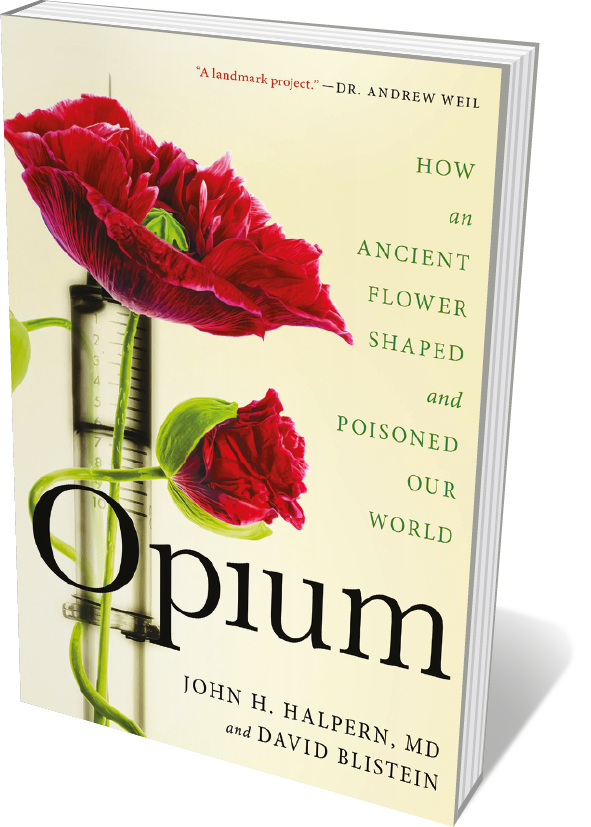
John Halpern and David Blistein Hachette (2019)
Opium has been entwined with society for millennia. Here, psychiatrist John Halpern and writer David Blistein trace its path from Mesopotamia through ancient Egypt, Greece and Persia, finally reaching Britain and the United States by the nineteenth century. Both countries then fomented opium wars with China. By the twentieth century, US “drug hysteria and race-based enforcement” was rife, setting the stage for unwinnable drug wars. Now, the US opioid crisis is killing tens of thousands a year. It is time, the authors argue, to treat addiction as a curable illness — and learn the lessons of history.
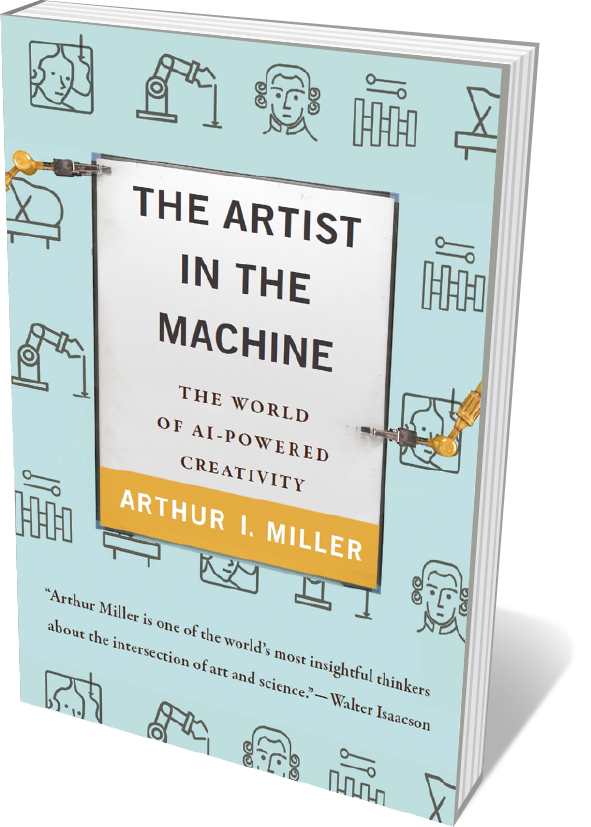
Arthur I. Miller MIT Press (2019)
Can artificial intelligence (AI) attain the intellectual prowess of, say, astrophysicist Subrahmanyan Chandrasekhar? Arthur Miller probes that knotty question. Identifying seven hallmarks of creativity, he explores today’s AI innovation landscape. Phillip Isola’s app Pix2Pix ‘translates’ one image to another; Rebecca Fiebrink’s Wekinator lets users make music with gestures; composer Eduardo Miranda plays duets with a slime-mould biocomputer. There are AI-scripted films, musicals, poetry — and, in Miller’s view, many reasons to be cheerful about computational creativity, now and in the near future.









